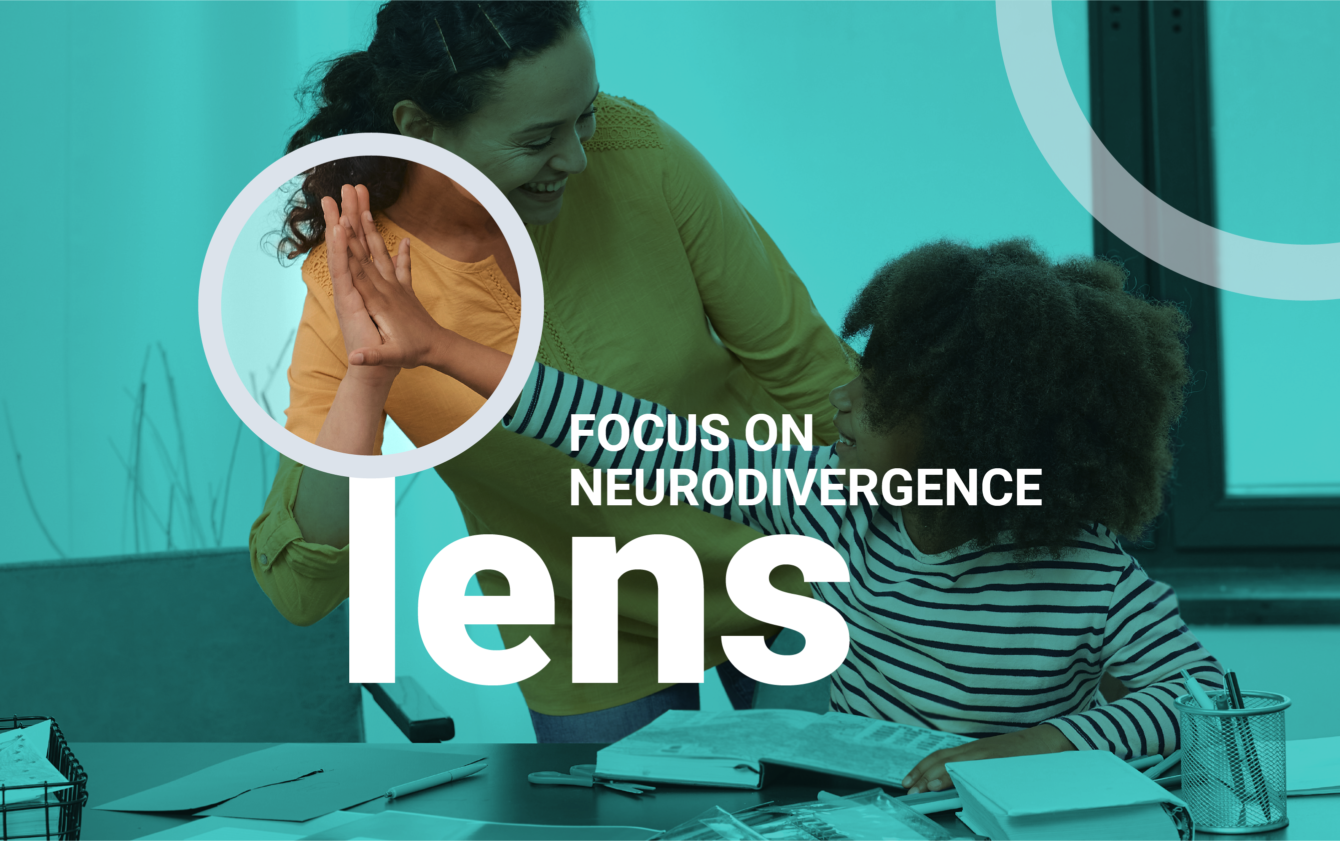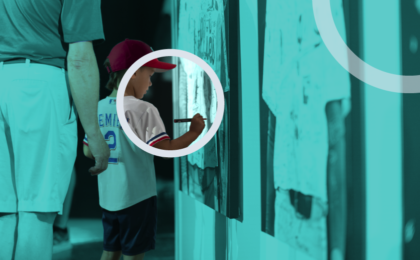Neuroinclusive Event Design and Planning

Lens is an initiative dedicated to the study of external factors and influences at play in the world of live events, created and moderated by the Strategy team at BaAM.
As event planners and producers, it’s our responsibility to consider the array of communities that we connect with, while also ensuring a positive experience for the widest possible audience.
Neurodiversity is a concept that acknowledges how brain differences are a natural, valuable part of human diversity and should be celebrated. Neurodiversity is an umbrella term that reflects the variety of lived experiences and encompasses diagnoses such as Autism spectrum disorder (ASD), ADHD, learning disabilities, Tourette’s, and more.
It’s estimated that 10 – 15% of the population is neurodivergent. To gain some initial insights into ways event designers can create more inclusive experiences, we reached out to Autism Speaks Canada – a charity that works with community partners to enhance resources and services and to increase understanding, acceptance, and inclusion of autistic people. Program Manager Carly Greenberg outlined a few steps that can be taken early in the design development process to best meet the needs of neurodiverse attendees.
Fan bases are diverse. And we really want to be sure that experiences are inclusive and accessible for everybody.
Carly noted: "The point of planning for neurodivergence is really to be mindful about the variety of factors that might impact someone’s experience at an event in order for the experience to be a positive one."
James Thompson is a writer and self-advocate who helps build awareness and develop informational resources about neurodiversity. He added: “An event overall is about having fun and enjoying yourself, which is hard to do if your senses are constantly being overwhelmed. Dealing with hypersensitivity issues at an event may seem like a difficult task, but it doesn’t have to be.”
With James’ help and in collaboration with the team at Autism Speaks Canada, here are a few tips to consider when creating an experience with neurodiverse audiences in mind:
In advance...
- Provide advice on how someone can prepare for the event. Include maps and pictures indicating key areas and amenities.
- Ensure attendees know that certain accommodations will be available by including them in promotional materials.
- Communicate how to get to the venue or how to access the virtual platform.
- Include a schedule of events with timings so that guests can confidently plan their day and interactions.
- Share sample audio clips so that attendees know what sounds and music to expect.
- Have customer service reps available to answer questions before the event.
At an event...
- Create spaces for those who may feel under or over-stimulated.
- Provide a quiet zone as a designated area for a sensory break. Several facilities and event producers have already made these spaces available, including Lumen Field’s recently updated “Ben’s Room” and TwitchCon’s AFK (Away From Keyboard) room.
- Provide a period of time or section of the event where stimuli are reduced, e.g., dim the lights, speak softly, avoid loud music/noise, clapping, etc.
- Make sensory kits available. These can include fidget toys, ear plugs or sunglasses available to attendees.
- Offer a fragrance-free environment.
- Offer a virtual participation option through live stream presentations.
- Designate on-site staff who can answer questions verbally or through a messaging service for those who may be seeking out resources once they’re at the event.
Taking these small steps can make a big difference for attendees and improve audience enjoyment. Several facilities, sports leagues, and event producers are leading the industry by providing these accommodations within their customer service offerings today. We’ve found that by prioritizing these conversations and considerations early in the planning process, producers are better equipped to ensure these aspects are accounted for on event day.
James’ positive experience emphasizes this point:
“I’ve seen events give out noise-cancelling earplugs before. I was even offered a pair and used it during a basketball game when the music was too loud. My friend and I were also offered sunglasses by the staff during a concert when the bright flashing lights were a bit too much for our eyes to handle. Like me, my friend has hypersensitivity issues and both of us benefit from events doing this. These things really help improve the experience overall and we always appreciate it.”
Carly Greenberg is the Program Manager at Autism Speaks Canada which is a national non-profit organization that aims to build inclusive communities where autistic people can reach their full potential. You can learn more about how Autism Speaks Canada supports this vision at autismspeaks.ca as well as access free resources through My Autism Guide MyAutismGuide.ca.
James Thompson is a content creator and self-advocate for the autism community. You can connect with him here.
With our Lens series, we are tapping the brightest minds and broadening the dialogue to better understand factors at play when engaging large audiences.



